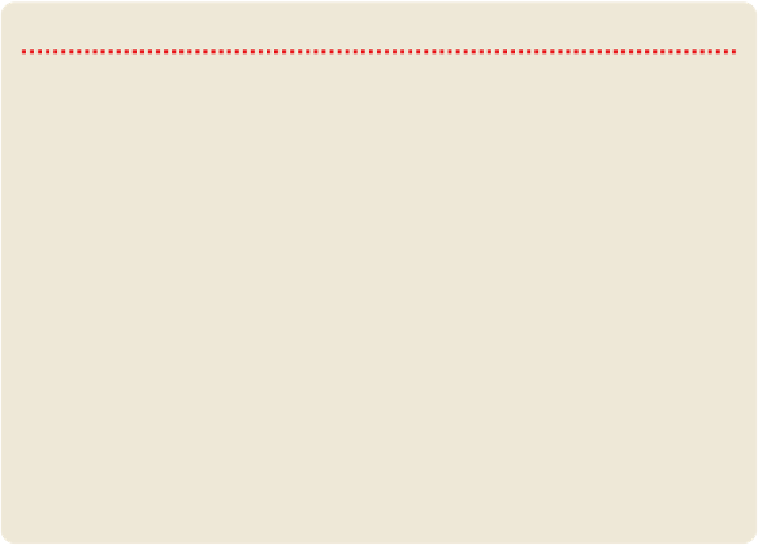Travel Reference
In-Depth Information
Modern Fiction
Venetian authors have remained at the forefront of modern Italian fiction. The enduring
quality of Camillo Boito's 1883 short story
Senso
(Sense), a twisted tale of love and be-
trayal in Austrian-occupied Venice, made it a prime subject for director Luchino Visconti
in 1954. Mysterious Venice proved the ideal setting for Venice's resident expat American
mystery novelist Donna Leon, whose inspector Guido Brunetti uncovers the shadowy sub-
cultures of Venice, from island fishing communities
(A Sea of Troubles)
to environmental
protesters
(Through a Glass Darkly)
. But the pride of Venice's literary scene is Tiziano
Scarpa (b 1963), who earned the 2009 Strega Prize, Italy's top literary honour, for
Stabat
Mater,
the story of an orphaned Venetian girl learning to play violin under Antonio
Vivaldi.
VENICE'S BESTSELLING WOMEN WRITERS
At a time when women were scarcely in print elsewhere in Europe, Venetian women became prolific and best-
selling published authors in subjects ranging from mathematics to politics. Over 100 Venetian women authors
from the 15th to 18th centuries remain in circulation today. Among the luminaries of their era:
Writer Sara Copia Sullam
(1592-1641) A leading Jewish intellectual of Venice's Accademia degli Incogniti lit-
erary salon, Sullam was admired for her poetry and spirited correspondence with a monk from Modena. A critic
accused her of denying the immortality of the soul, a heresy punishable by death under the Inquisition. Sullam re-
sponded with a treatise on immortality written in two days; her manifesto became a bestseller. Sullam's writings
remain in publication as key works of early modern Italian literature.
Philosopher Isotta Nogarola
(c 1418-66) The Verona-born teen prodigy corresponded with Renaissance philo-
sophers and was widely published in Rome and Venice. An anonymous critic published attacks against her in
1439, claiming 'an eloquent woman is never chaste' and accusing her of incest. But she continued her corres-
pondence with leading humanists and, with Venetian diplomat Ludovico Foscarini, published an influential early
feminist tract: a 1453 dialogue asserting that since Eve and Adam were jointly responsible for expulsion from
Paradise, women and men must be equals.
Musician and poet Gaspara Stampa
(1523-54) A true Renaissance intellectual, Gaspara Stampa was a
renowned lute player, literary-salon organiser, and author of published Petrarchan sonnets openly dedicated to her
many lovers. Historians debate her livelihood before she became a successful author; some claim she was a cour-
tesan.
Dr Eleonora Lucrezia Cornaro Piscopia
(1646-84) Another prodigy, she became the first female university
doctoral graduate in Europe in 1678 at the University of Padua, where a statue of her now stands. Her prolific
contributions to the intellectual life of Venice are commemorated with a plaque inside Venice's city hall.

